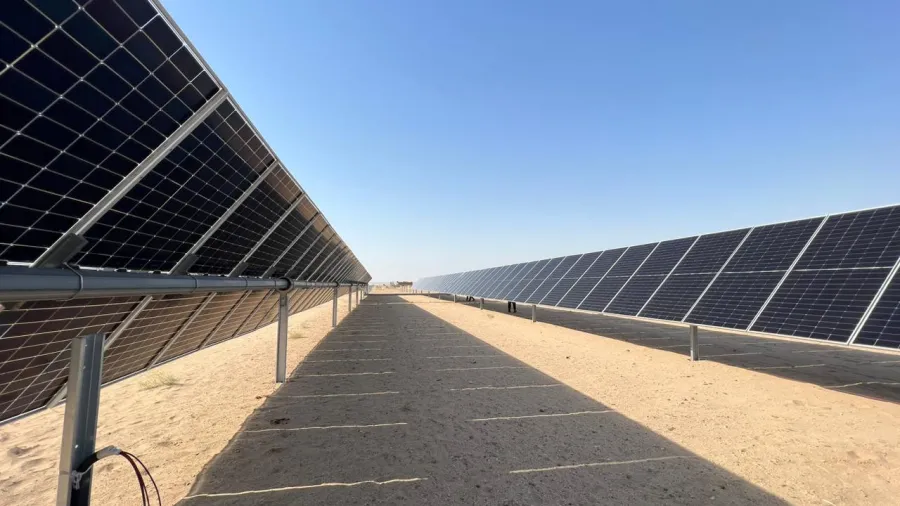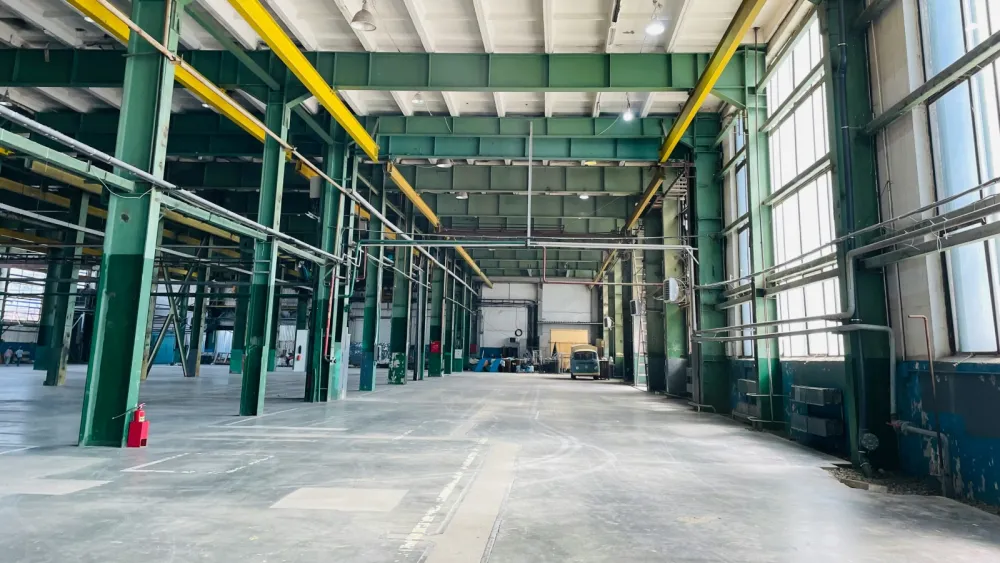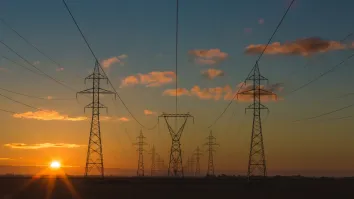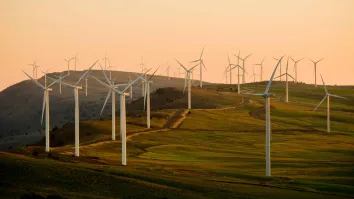
ACWA Power consortium achieves financial close for 2.6 GW solar projects
The project is expected to start commercial operations in 2025.
A consortium composed of ACWA Power, Public Investment Fund subsidiary Badeel, and Saudi Aramco Power Company (SAPCO) has reached the financial close of the 2.6 gigawatts (GW) Al Shuaibah 1 and Al Shuaiba 2 solar power projects.
In a statement, ACWA Power said the $1.63b senior debt financing for the project includes $450m Saudi Riyal-dominated loan from the National Development Fund, and a $1.18b US-dominated commercial facility from a consortium of local, regional and international banks.
The consortium is composed of Bank Saudi Fransi, First Abu Dhabi Bank, Mizuho Bank, Riyad Bank, Saudi National Bank, Standard Chartered Bank, and Saudi Investment Bank.
ALSO READ: ACWA Power installs 1st wind turbine for 500 MW Uzbekistan wind farm
Al Shuaibah PV 1 has a capacity of 600 megawatts (MW) whilst Al Shuaibah PV 2 could generate 2,031 MW. The plants could meet the demand of around 450,000 households.
ACWA Power said the total investment in the plants is at $2.37b. They will start commercial operations in 2025.
ACWA Power holds a 35.01% stake in the new projects whilst, Badeel and SAPCO have 34.99% and 30% shares, respectively. Saudi Power Procurement Company is the procurer and off-taker for the projects.


















 Advertise
Advertise







